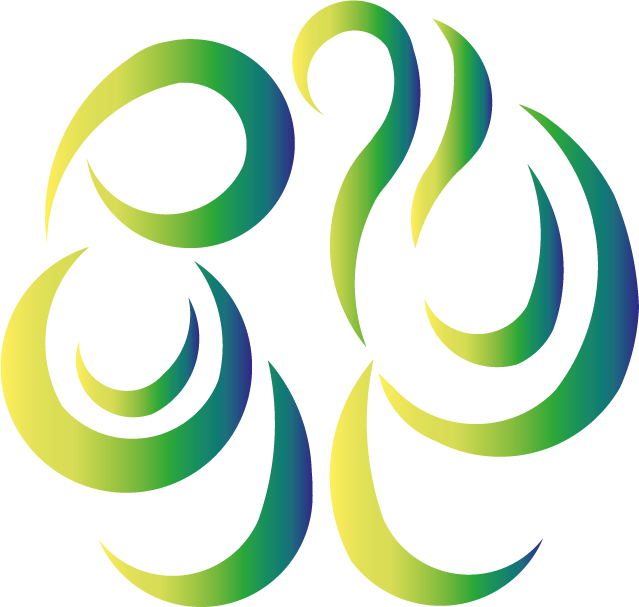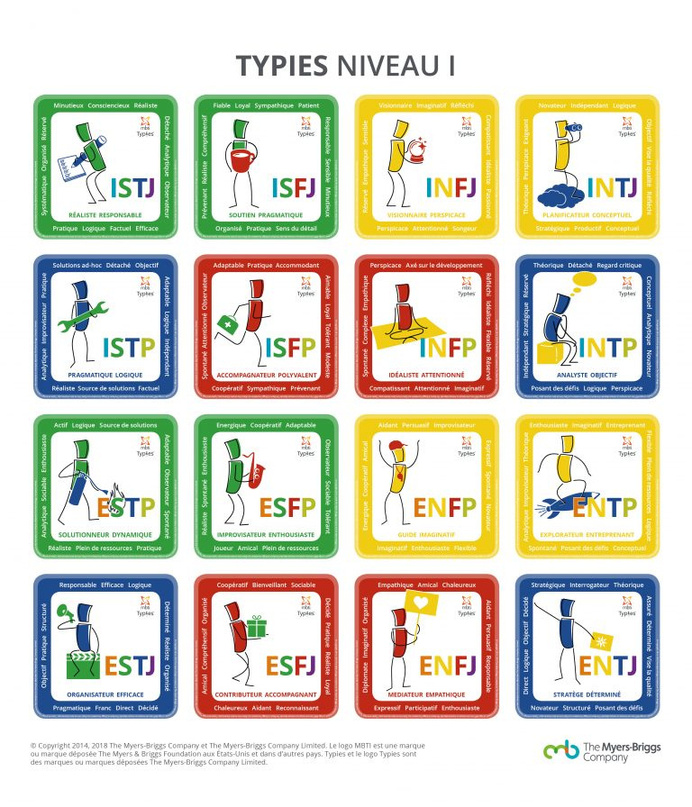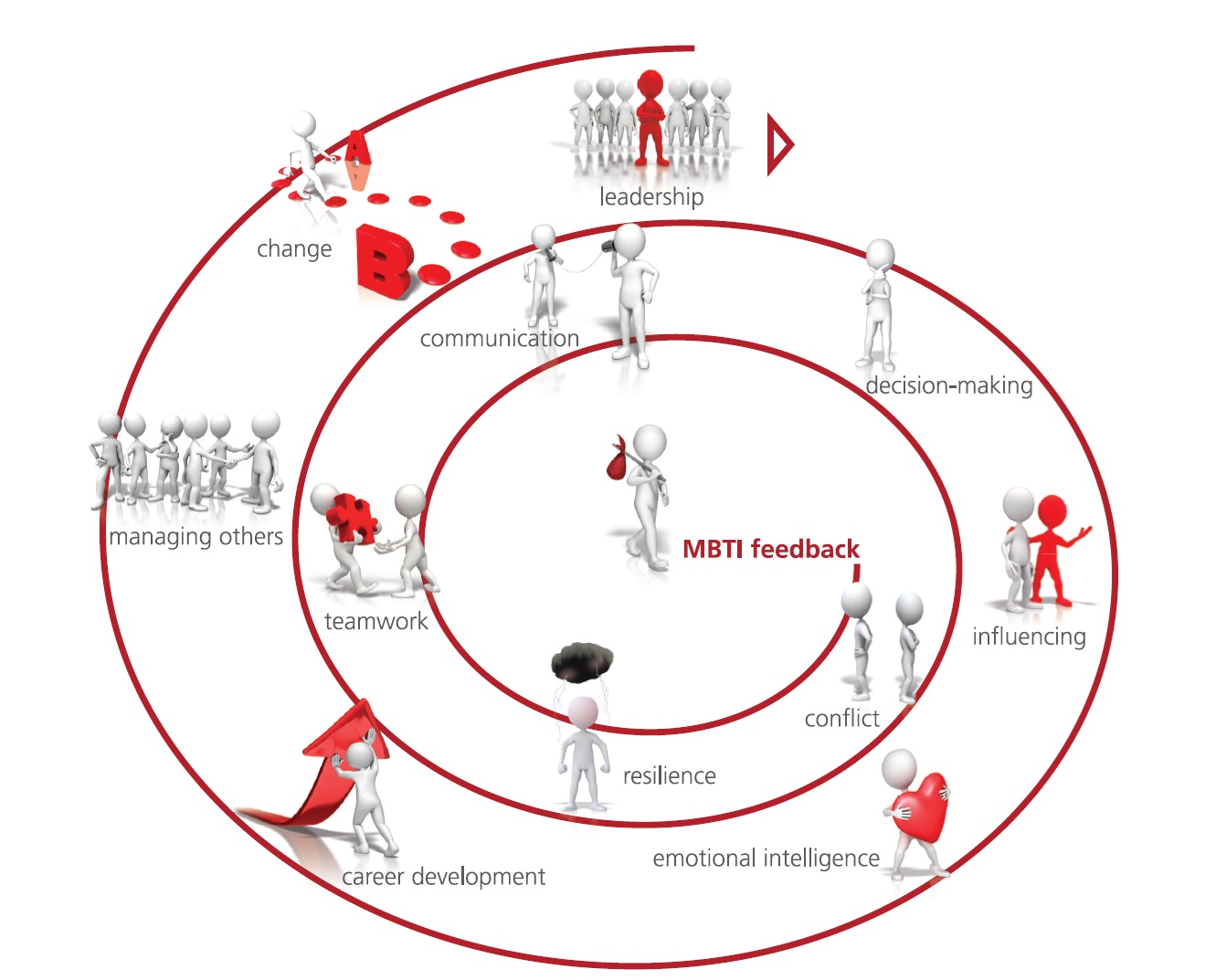MBTI
The MBTI is the world's most widely used method for improving the performance of leaders, teams and organizations. By identifying personality preferences, it provides a better understanding of individual and collective dynamics. This promotes more effective communication, better conflict management and informed decision-making. For leaders, the MBTI offers valuable insights into their leadership style, strengthening their ability to inspire and motivate. At team level, it encourages collaboration and cohesion by valuing the diversity of perspectives. In short, the MBTI is an essential lever for harmonizing the dimensions of business, organization, the individual and relationships, creating a high-performance, resilient ecosystem.
The MBTI (Myers-Briggs Type Indicator) is a personal development tool that helps to understand personality differences. Based on the work of Carl Jung, it identifies 16 personality types, each combining four dimensions:
- 1. Extraversion (E) / Introversion (I): Preference for social interaction or inner reflection.
- 2. Sensation (S) / Intuition (N): Focus on concrete details or abstract ideas.
- 3. Thinking (T) / Feeling (F): Decision-making based on logic or personal values.
- 4. Judgment (J) / Perception (P): Preference for an organized or flexible lifestyle.
Imagine a team where each member understands his or her strengths and preferences, improving communication and collaboration. The MBTI is a compass that guides you towards a better understanding of yourself and others, harmonizing head, heart and body.
MBTI personality types
Fields of application
- Communication
- Leadership
- Decision-making
- Change management
- Stress management
- Team development
- Career development
- Better remote working
- Well-being at work


